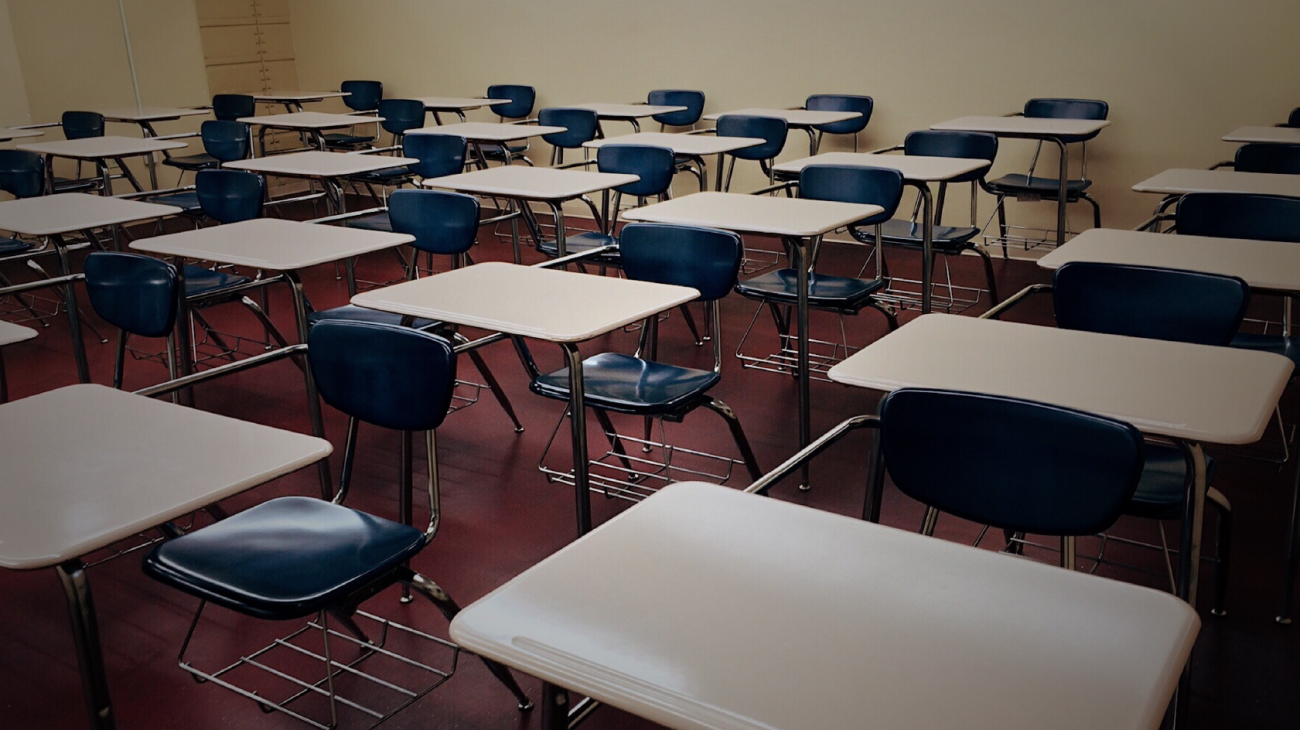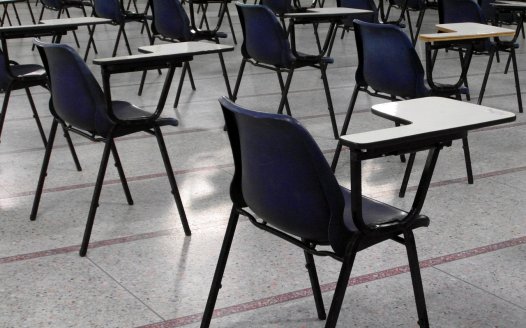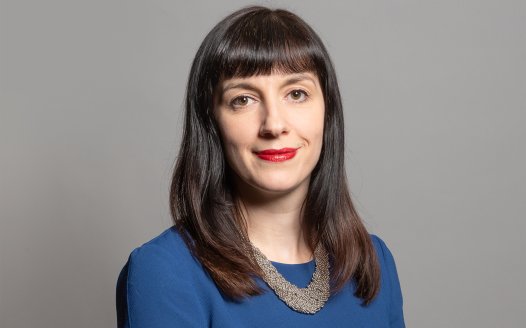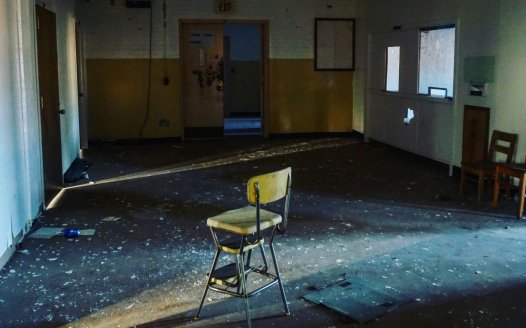Tackling unregistered schools ‘a priority’, says DfE
Posted: Thu, 15th Mar 2018
The Department for Education has said unregistered schools are limiting children's life chances and tackling them is a priority.
In guidance published yesterday the DfE has confirmed that there has been a rise in the number of institutions "operating outside the regulatory regime". It has clarified that "this involves a criminal offence and conduct that may be putting children at risk of harm, denying them a suitable education, and limiting their life chances."
The guidance also sets out how the DfE will work with Ofsted and councils to "ensure that children attending unregistered independent schools and out of school settings, are safe and are receiving a suitable education".
The National Secular Society has lobbied education ministers over many years to tackle the growing problem of unregistered faith schools, which often teach restricted curricula and are not inspected under the independent school standards. The Education and Skills Act 2008 makes it a criminal offence to run an unregistered school. Since then, at least 350 unregistered schools have been set up across Britain according to Ofsted without any proprietors facing prosecution.
Responding to a parliamentary question from NSS honorary associate Jim Fitzpatrick MP this week, the DfE confirmed that since January 2015, two cases were referred to the Crown Prosecution Service (CPS) for early advice following which investigations were discontinued. Two further cases were referred to the CPS for a charging decision. Neither of these cases met the evidential test under the Code for Crown Prosecutors. A further case is currently with the CPS for advice.
NSS faith schools campaigner Alastair Lichten welcomed the new guidance. "We have long argued that all children's rights should be protected, irrespective of their religious or cultural background. However, it is not enough to point to local authorities' safeguarding duties if they do not – as one as a recent report from Hackney Council showed – have the resources and support to tackle unregistered schools."
The guidance says Ofsted will support councils by sharing information on upcoming or possible inspections with children's services. The guidance sets out the powers LAs already have or can use to identify possible unregistered schools and support prosecutions. Ofsted's unregistered school team will be able to invite local authority officers to inspections, where approved by the DfE.
An appendix lists the powers the DfE believes local authorities should be using or considering to tackle illegal unregistered schools. These include their duty and associated powers under the Children Acts 1989 and 2004 to investigate where they believe a child may be put at risk, including through a service provided for the purpose of education. Under the Education Act 1996 local authorities must intervene when it appears parents are not ensuring their children receive an education.
In 2015 the NSS criticised the DfE for not taking action despite knowing of "thousands" of Jewish boys missing from the school rolls in Hackney. The guidance goes on to say that councils can use powers under the Prevent duty to investigate when children attending out of school educational settings (including unregistered schools) may be at risk. Councils can also use their powers to inspect properties under the Fire and Rescue Service Act 2004 – many unregistered schools are situated in unsuitable and unsafe buildings.
In recent months the government appears to have backed down on proposals to regulate supplementary schools providing intensive tuition, following opposition from religious groups, including the Church of England. Later this year they will consult on new voluntary guidance for out of school educational settings. The guidance acknowledges how supplementary schools (which do not need to register) may blur with unregistered schools.
However even without a need to register, the guidance makes clear that councils have a range of powers they can use to "ensure that children attending such settings are properly safeguarded". Ofsted will share relevant intelligence on such supplementary schools with local authorities.
Mr Lichten added: "It is significant that the DfE now recognises that these so-called 'schools' limit children's life chances. We hope in future policy makers will place a greater emphasis on children's rights, even when this risks upsetting a small minority of hardliners within orthodox religious communities."
No more faith schools
We need inclusive schools free from religious discrimination, privilege or control. Join our campaign.








